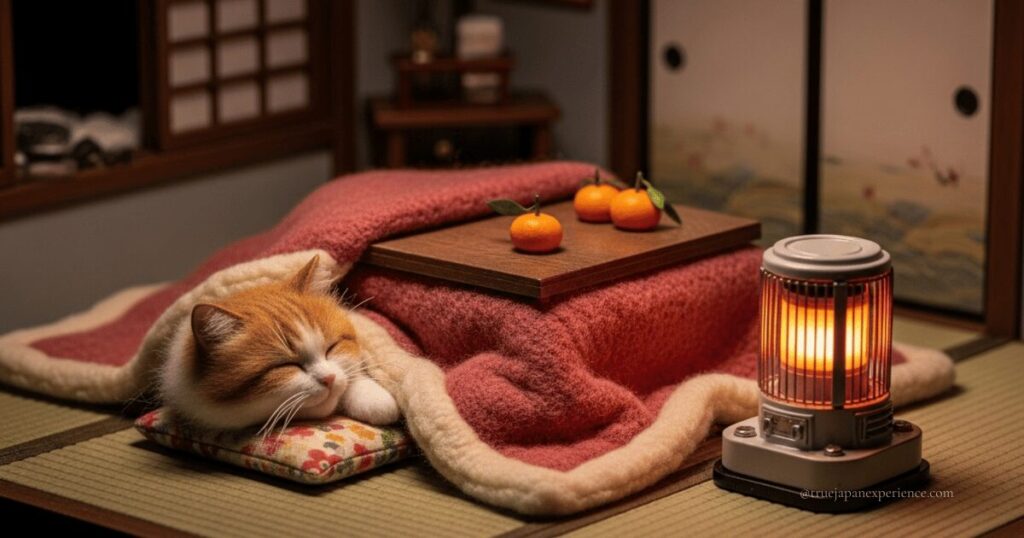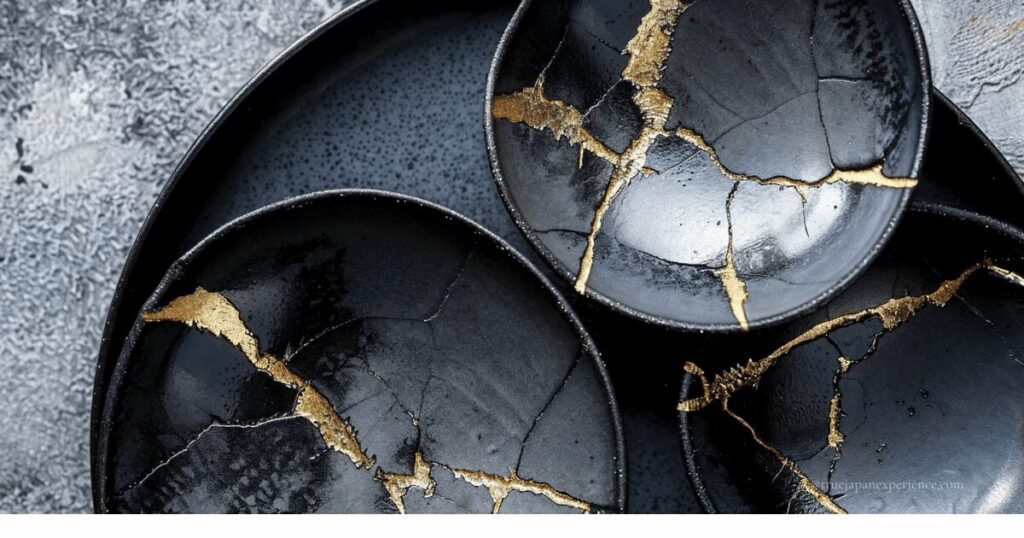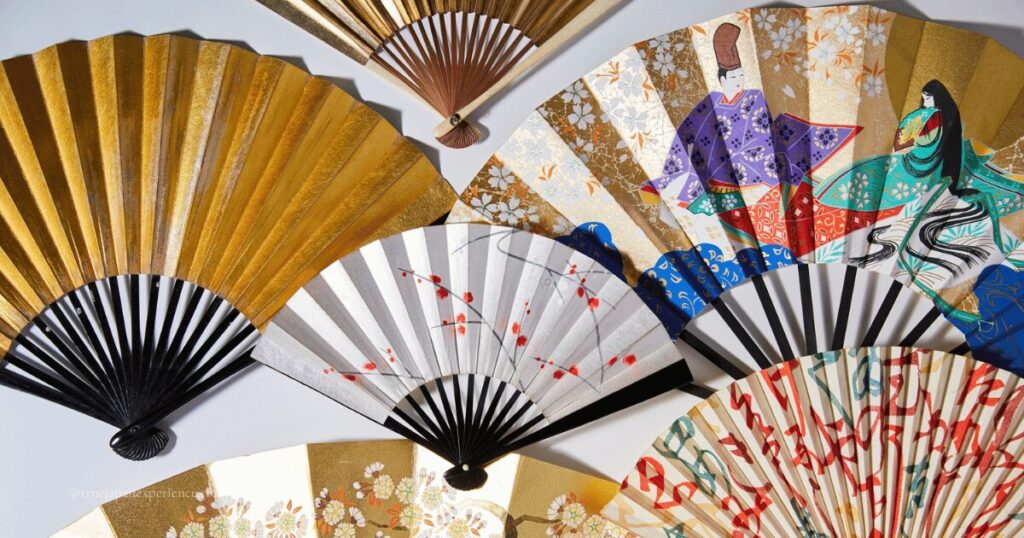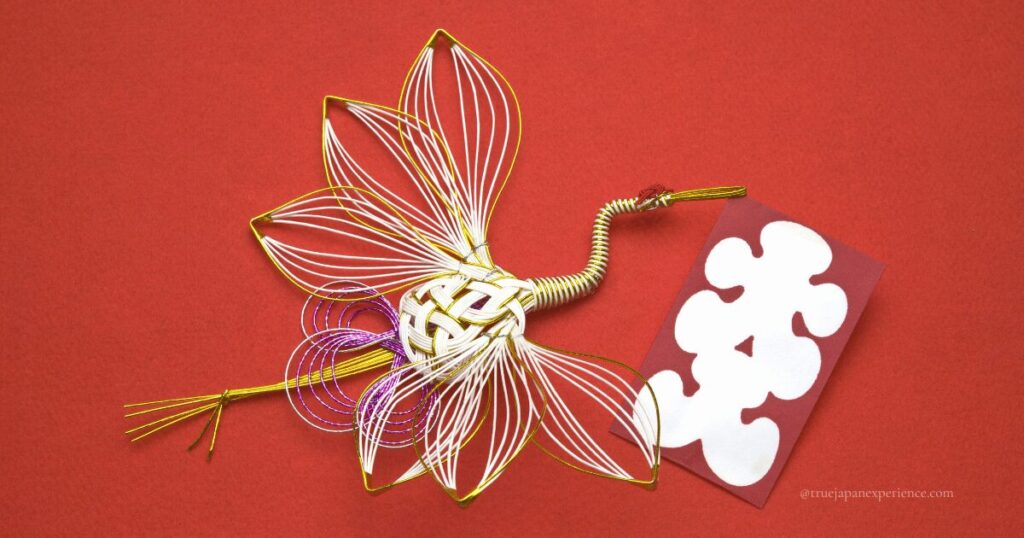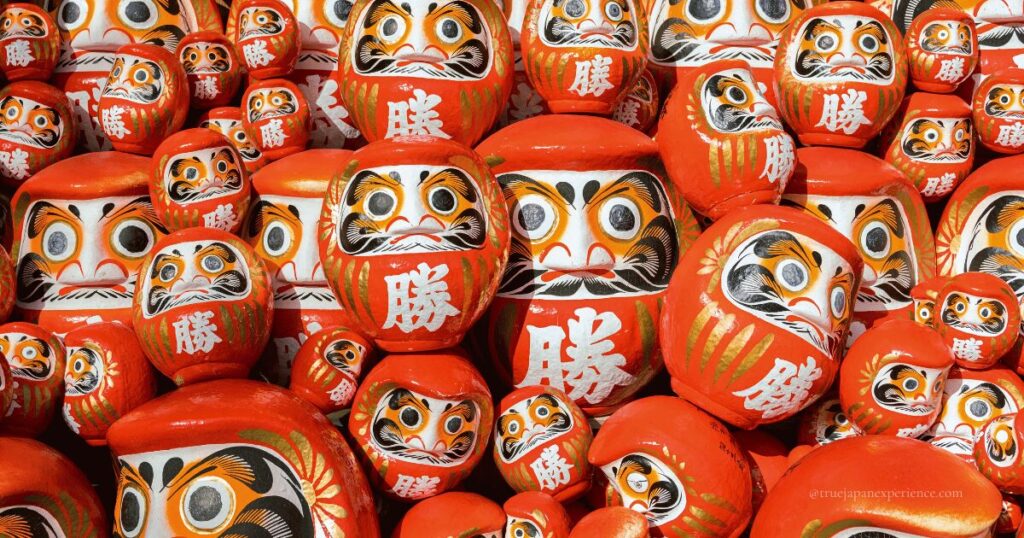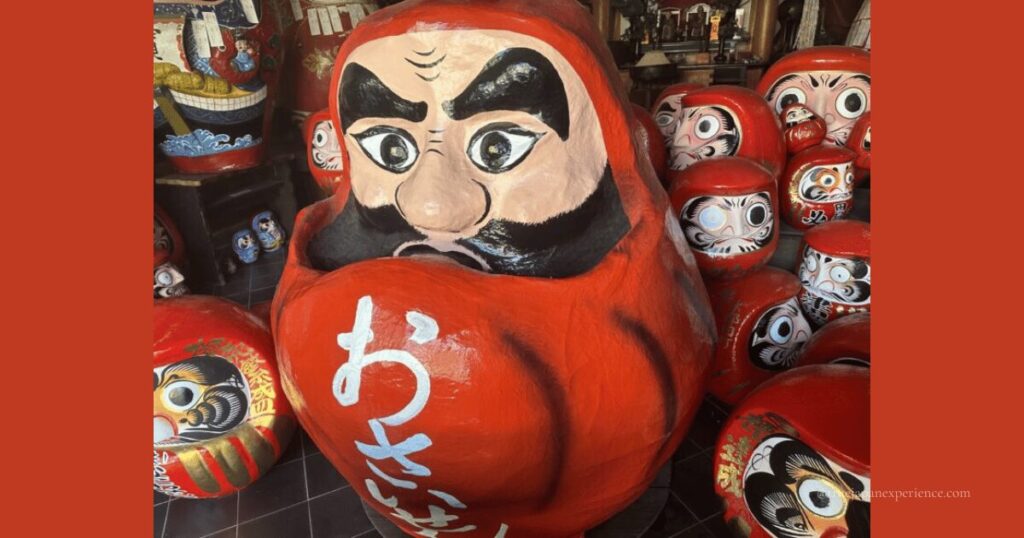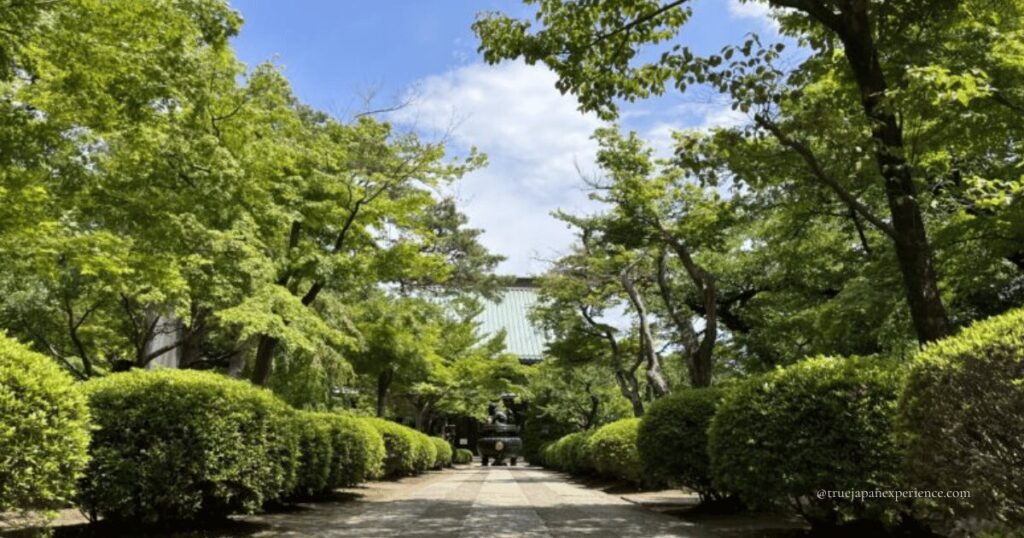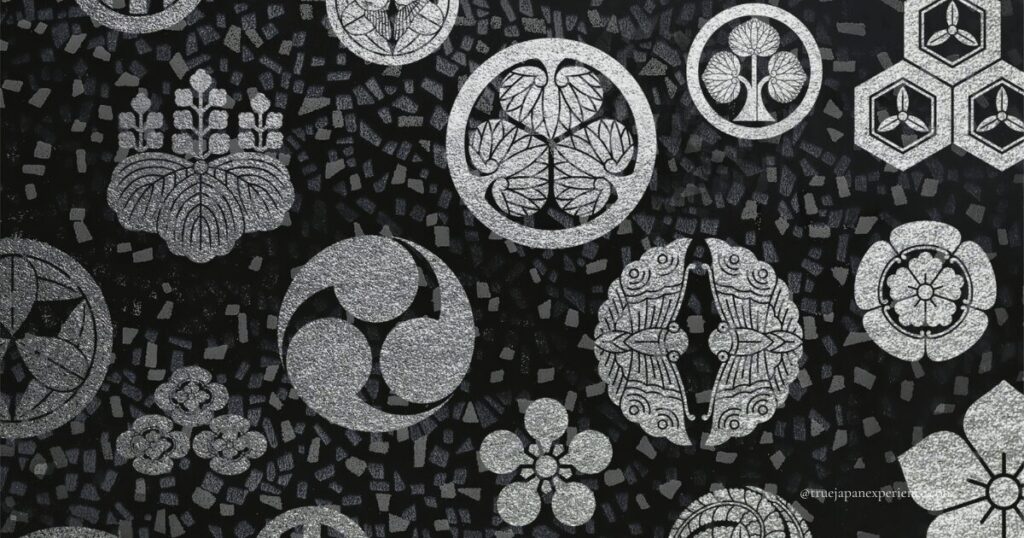Japanese culture– tag –
-

Japanese New Year: Traditions, Customs, and Travel Tips
Japanese New Year is called お正月 (Oshogatsu). It is the most important holiday for Japanese people. Most Japanese spend this time with family, following old traditions and eating special foods. For visitors, Japanese New Year is a rare... -

Kintsugi Japan: The Art of Golden Repair
When a favorite cup or bowl breaks, most people simply throw it away. But in Japan, there is a tradition that gives broken pottery a second life. This is Kintsugi —a craft that turns cracks into shining golden lines. It is not only about... -

Torii Gate Meaning: More Than Just Red Gates! Easy Guide to Colors, Shapes, and History of Torii
When you visit a Shinto shrine in Japan, the first thing you often see is a big gate called a Torii. But what is the Torii gate meaning? Maybe you have also asked yourself: why are so many Torii gates red? Or why do Torii gates come in d... -

Sensu (Japanese Folding Fan) : History, Culture, and Beauty Explained
Sensu (Japanese folding fan) is more than just a way to stay cool. This elegant fan carries centuries of history, rich traditions, and beautiful design in every fold. From ancient court rituals to modern summer festivals, the sensu has a... -

Tie Your Memories with Mizuhiki: Japan’s Colorful Paper Craft Experience
Mizuhiki is a simple paper string, but it holds Japan’s heart and spirit. In this article, you will learn the magic of mizuhiki—colorful cords that carry meaning, luck, and tradition. You will also see how to enjoy mizuhiki in a fun way,... -

The Amazing Story of the Daruma Doll: Japan’s Lucky Charm
If you have ever visited Japan or seen Japanese cartoons, you might know the Daruma doll. This round, red doll with big eyes is more than a toy. It is a special lucky charm with a long history and deep meaning. People use Daruma dolls to... -

Welcome to Darumadera Temple Kyoto: Step into a World of Daruma Wonders
Have you ever stepped through a small wooden gate and felt like you entered a wonderland? That’s the feeling you get at Darumadera Temple Kyoto. As soon as you walk inside, you see thousands of bright red daruma dolls all around you. The... -

Discover Gotokuji Temple: Tokyo’s Lucky Cat Temple and Hidden Photo Spot
Gotokuji Temple is in Setagaya, Tokyo. It is known as the birthplace of the “Maneki-neko,” or lucky cat. People who love cats and even first-time visitors to Japan will find it a great place to visit. Inside the temple grounds, you will ... -

What Is a Japanese Family Crest? Learn the History and Design
Japanese Family Crest is more than just a beautiful design – it is a symbol of family pride, history, and identity in Japan. For over 1,000 years, families have used these simple yet powerful symbols to tell their story. While they may l... -

Omotenashi in Japan: A Quiet Spirit of Care and Respect
Omotenashi in Japan is often translated as “hospitality,” but its meaning goes far beyond that simple word. It is not only about welcoming guests or offering good service. Instead, it reflects a deeper cultural mindset—one that values si...
